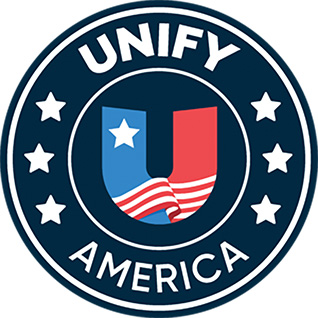On Oct. 4, 2023, the Biden-Harris Administration announced the approval of an additional $9 billion in student debt relief, according to a press release by the United States Department of Education.
The release stated that the $9 billion would allow for 125,000 more Americans to be eligible for debt forgiveness. This addition brings the Biden-Harris Administration’s total approved debt forgiveness balance to $127 billion for over 3.6 million Americans.
So far, $623.5 million of this total has gone to borrowers in Wisconsin. As of late September, a total of 3,130 borrowers in the state have been identified for forgiveness under income-driven repayment.
The release reads that the debt forgiveness will occur “… through fixes the U.S. Department of Education has made to income-driven repayment (IDR) and Public Service Loan Forgiveness (PSLF), and granting automatic relief for borrowers with total and permanent disabilities.”
This announcement relates to the students and alumni of UW-Eau Claire who have taken out loans for college.
A 2023 Forbes ranking of universities in the U.S. found that 51% of UW-Eau Claire’s student body has taken out loans for college. Additionally, 80% of students receive aid, 48% receive federal grants and 20% receive Pell grants.
Forbes also found that the average amount of grant aid students receive is $3,571, with the total annual cost averaging $29,487.
Blugold Central correspondent Travis Shipman said students last year had been inquiring at Blugold Central about applying for debt relief, but that holds in legislation made action unclear.
“Last year around this time or December, that was when you applied for the debt relief. I believe it got put on hold due to pushback, and we had a lot of people calling Blugold Central wondering what to do and how to sign up,” Shipman said.
Aside from the debt forgiveness plans, eligible borrowers were granted a hold on interest rates and other benefits during the COVID-19 relief period, which just recently expired.
According to Studentaid.gov, this hold was renewed a total of five times and expired on Sept. 1 of this year.
Shipman, an alumnus of UW-Stout, said he was affected by this hold and the recent unfreeze of interest rates.
“I had some loans which were put on hold near the beginning of the COVID-19 pandemic, and just this fall I was alerted that I’d need to start paying them again,” Shipman said. “This is the first I’m hearing of the October funds that were approved.”
First-year psychology student Isabella Hankins said she had also just heard of the debt forgiveness policy.
“I’m not getting any help from my family toward schooling, so I took out both a subsidized and unsubsidized loan. I still need to figure out how to pay the rest of my college fund. The financial aid office said I should just apply for more grants,” Hankins said.
Hankins said she is expecting to be between $16,000 and $18,000 in debt by the time she graduates.
“I think if I qualified for debt forgiveness, that would take a lot of stress off of me in the future; it would be super cool not to have to worry about,” Hankins said.
While ways in which these new funds will directly reach UW-Eau Claire students are still unclear, they could be a source of optimism for students and alumni bearing the burden of debt.
Wojahn can be reached at [email protected].








